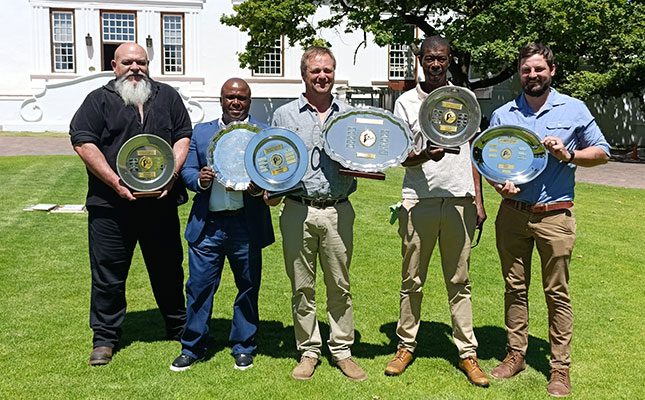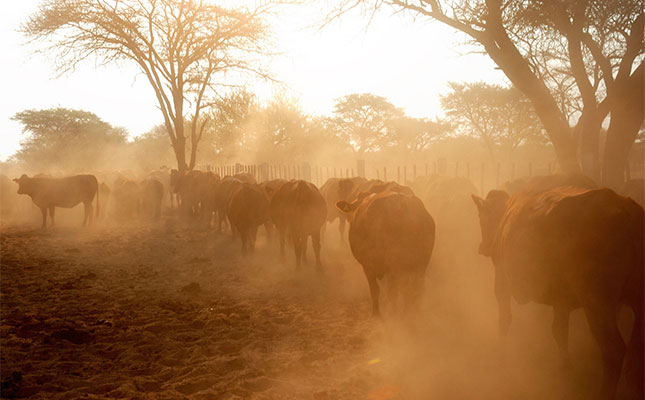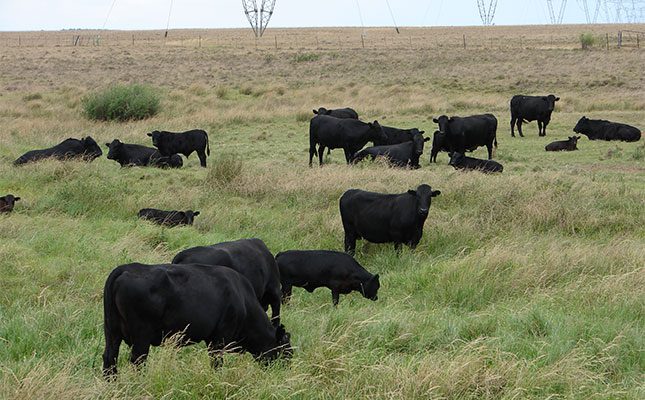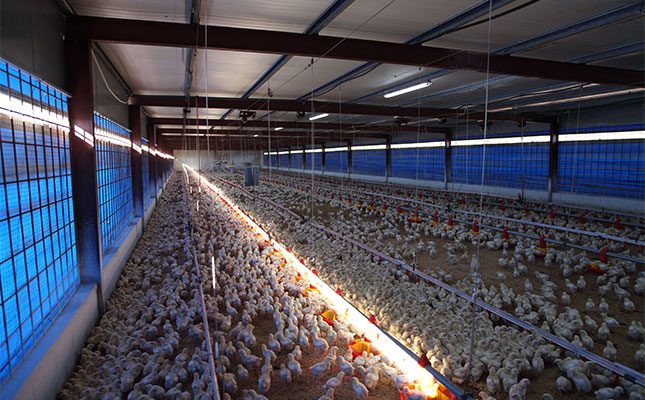
Tension was high as dairy producers vied for top titles at this year’s Agricultural Research Council (ARC) National Master Dairyman Awards.
In the end, JK Basson Family Trust from Darling, Western Cape, walked away with the Large-Scale Master Dairyman of the Year title, while Van Niekerk Boerdery BK from Caledon claimed the Medium-Scale Master Dairyman of the Year award. The Small-Scale Master Dairyman of the Year title went to Letsolo PT Dairy of Sebokeng, Gauteng.
A new category, the ARC Correctional Services Master Dairyman of the Year, went to Goedemoed Correctional Services in Maletswai, Eastern Cape.
In the performance categories, Packwood Farm near Knysna, Western Cape, earned the Herd with the Best Somatic Cell Count award at 170 000 cells/ml, while JK Basson Family Trust also took home the Herd with the Best Intercalving Period award, with an average of 375 days.
Boy Blanckenberg of Klipheuwel, Western Cape, was acknowledged with an honorary award for his forward-thinking leadership, unwavering support for dairy farmers, and many years of contribution to the local dairy industry.
ARC President and CEO Dr Litha Magingxa congratulated the winners and reaffirmed the ARC’s commitment as a science and innovation partner to South Africa’s dairy farmers, saying the organisation remains focused on supporting a “sustainable, equitable and future-ready industry.”
The ARC’s National Milk Recording and Improvement Scheme plays a central role in the industry by providing genetic improvement services accredited by the International Committee for Animal Recording to improve the sustainability and profitability of dairy production, thereby contributing to food security, job creation, and skills development in South Africa.
The power of genetics
During the awards ceremony, Christine Leighton, project manager at Milk South Africa (Milk SA), shared crucial takeaway messages from the 2025 International Dairy Federation World Dairy Summit, held in Chile last month.
She noted that the summit highlighted the importance of genetics and animal health, with genetics recognised as an effective tool for improving feed efficiency, reducing methane emissions, and enhancing immunity and disease resistance. She added that the results of such interventions could be seen in as little as five years.
The role of automation and precision farming in boosting efficiency, detecting illness early, and optimising feeding was also emphasised.
“People are realising that healthy cows lead to higher production and lower costs,” Leighton explained.
Her presentation also underscored a growing recognition that dairy is more than just milk; it’s a product that supports people, communities, and livelihoods, and that true sustainability must balance environmental, economic, and social factors.
“The [Food and Agriculture Organization of the United Nations’] position on livestock has become more supportive, recognising dairy’s vital role in nutrition and food security.
“Dairy is consumed by nearly 80% of the global population; it plays a key role in bone, muscle, heart, and brain health; and together with exercise is a proven strategy to age healthily,” she explained.
Major hurdles for global dairy industry
From a recording Leighton played of Dr Mark Chimes, health and welfare programme manager at Milk SA, it emerged that succession planning, high labour costs, and the high price of land were major challenges in various parts of the world.
“Globally, it seems that farmers are finding it harder and harder to find replacements to whom they can sell their dairy farms, as their children are often not interested in taking the farms over. In New Zealand and Australia, the average age of farmers is over 60 years old, with 30% destined to retire in the next 10 years,” he said.
Additionally, the cost-price squeeze has led many US and UK dairy farmers to rely more on sales of terminal dairy-beef crosses rather than milk to remain sustainable, creating a shortage of heifers and driving up the cost of replacements in these countries.
Chimes pointed out that UK dairy farmers currently earn about £0,38 (about R8,54) per litre, while average production costs are around £0,47 (R10,55) per litre. This poor financial viability is making it even more difficult to find successors for these farms.
He added that he had visited a farm in Los Ángeles, Chile, which used 90 robots to milk 4 500 cows to address labour challenges.
“The robots substantially improve farmers’ quality of life and reduce labour costs by about 40%, but they aren’t necessarily more profitable given the high capital investment and ongoing maintenance required,” he explained.
While automation and robotics are playing an increasingly bigger role in dairy farming, Chimes concluded that one thing remains unchanged: “For healthy cows and efficient production, the presence of a farmer is still required.”
Get trusted farming news from Farmers Weekly in Google Top Stories.
➕ Add Farmers Weekly to Google ✔ Takes 10 seconds · ✔ Remove anytime







